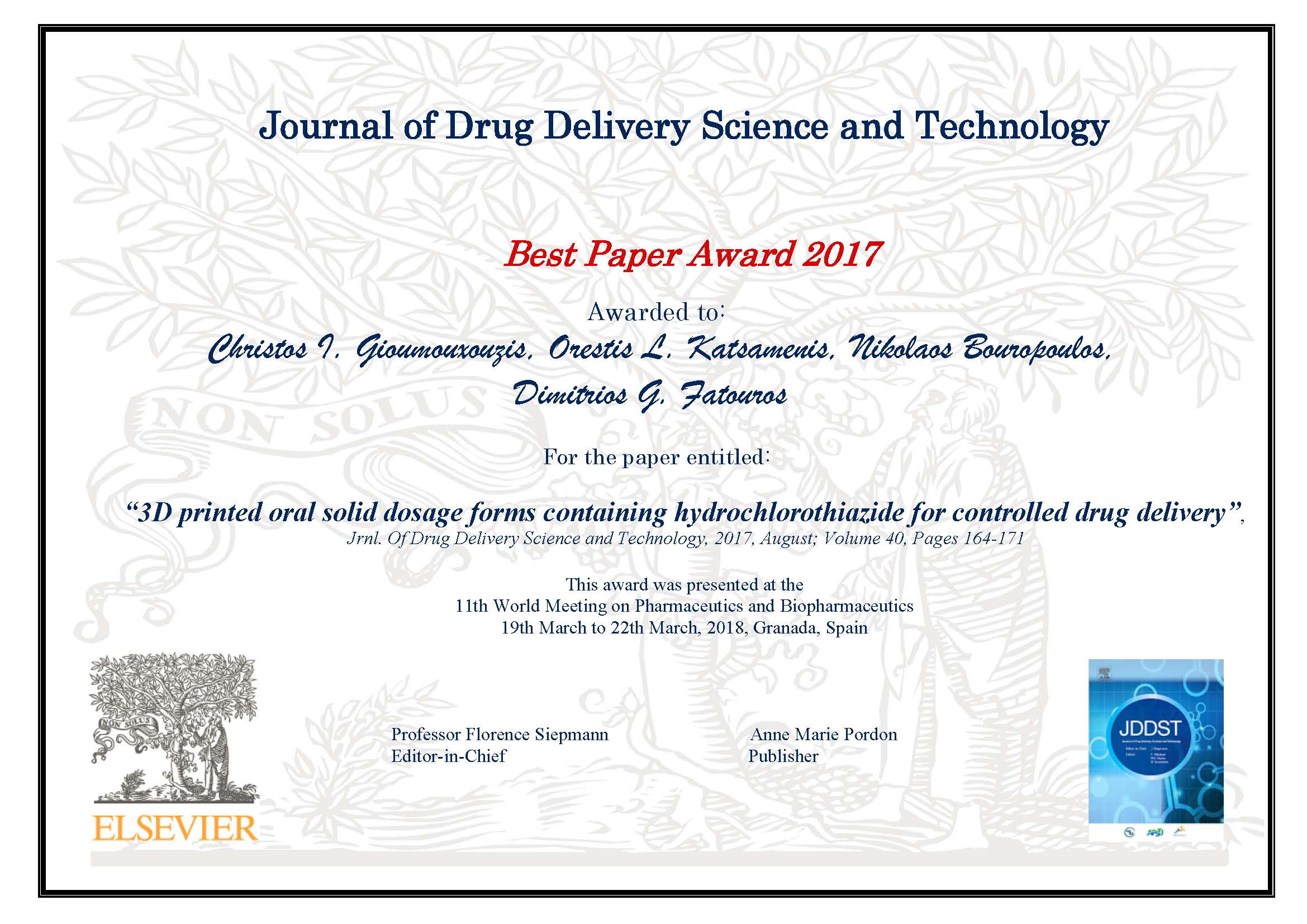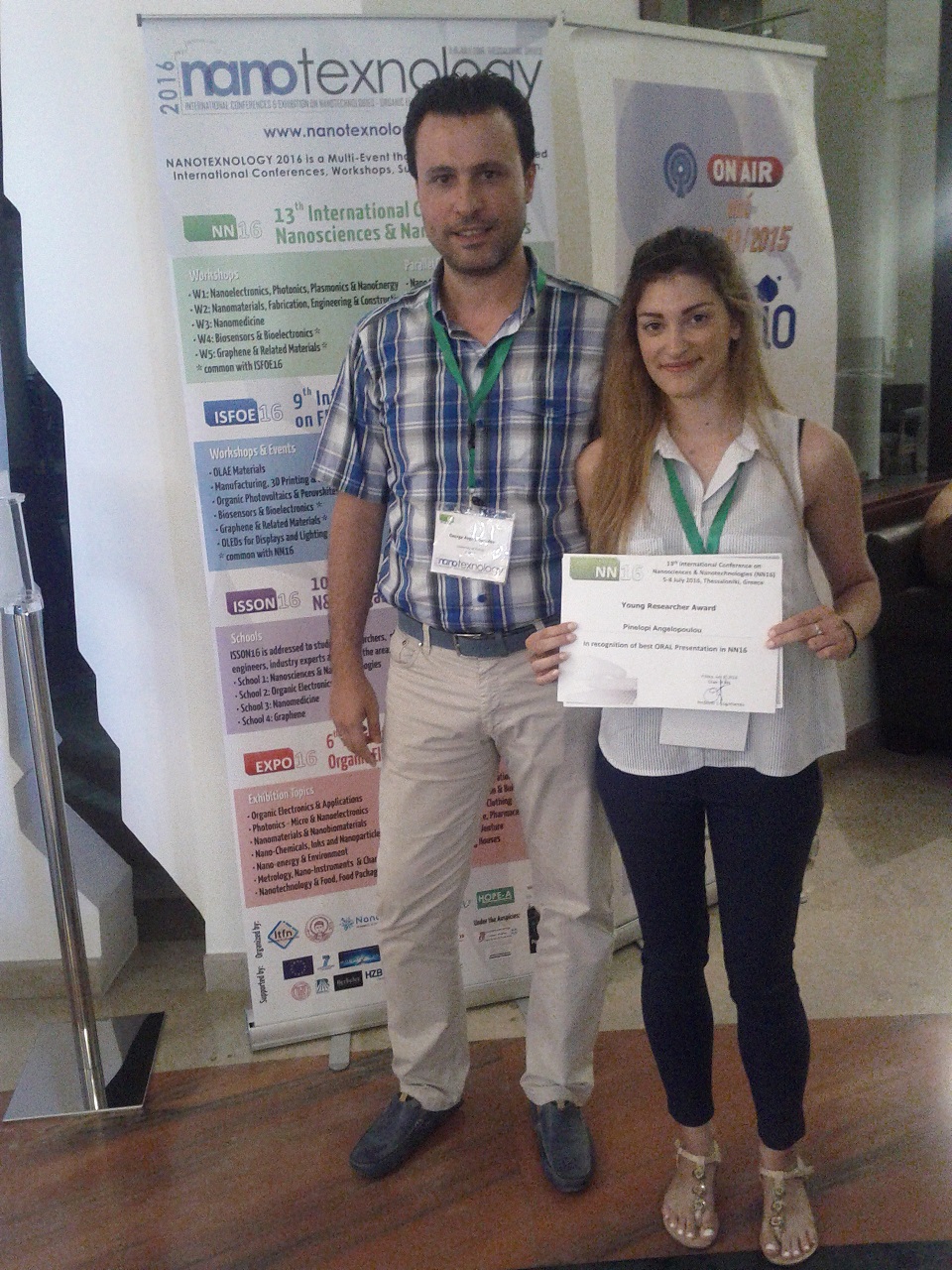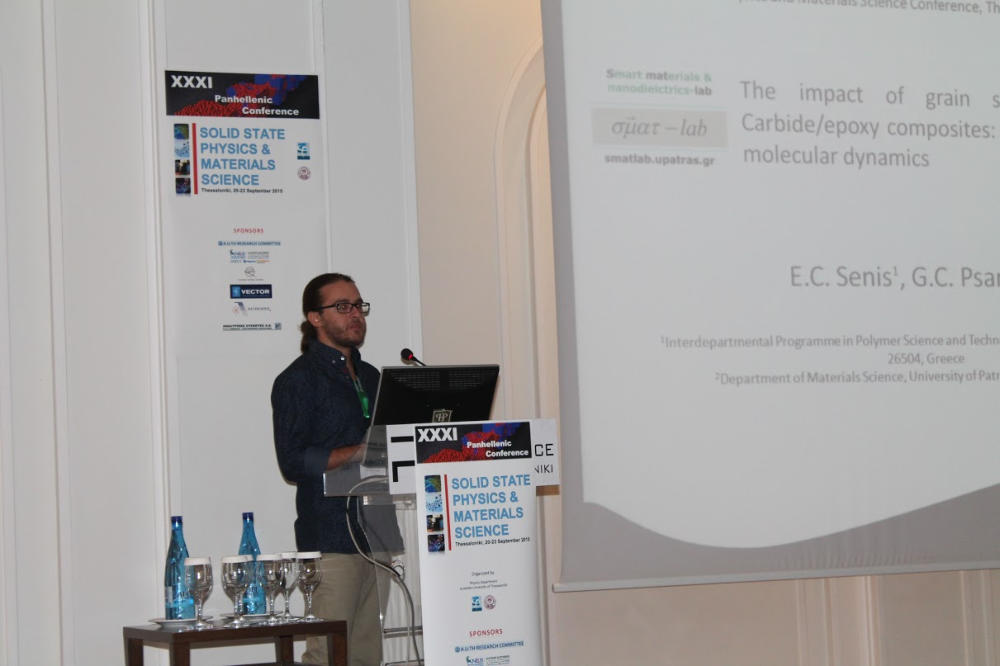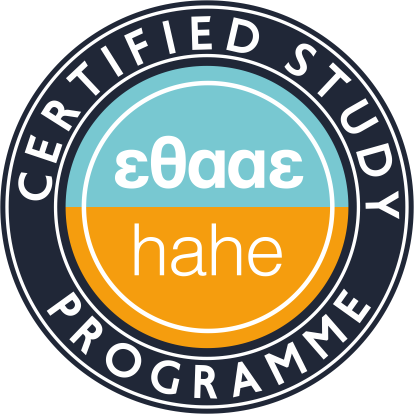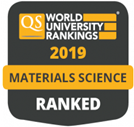According to the classification of Professor. Ioannides (https://med.stanford.edu/profiles/john-ioannidis) concerning Scientists with Greek names that have the greatest influence in the International Bibliography, three faculty members of the Department of Materials Science, Mr. Joseph Galanakis, Mr. Basil Georgakilas and Mr. Michael Sigalas are in the list.
In his first annual lecture, in memory of Professor Dimitris Trichopoulos, on “The exodus of Greek scientists – a meta-analysis,” Ioannidis presented statistics on the 672 scientists of Greek origin, who have had the greatest influence in the international scientific field, based on objective data retrieved from the Google Scholar database. On average, the 672 Greek scientists have been referenced around 17,000 times in various international scientific reports and almost all of them live outside of Greece.
The oldest Greek scientist is Aristotle, who is still referenced in modern scientific literature.
Out of the 672 leading Greek scientists, only 95 (14%) are located in Greece. More than half (376 scientists or 56%) live in the US, another 60 live in the United Kingdom, 32 in Canada, 24 in Germany, 20 in France, 19 in Switzerland, 17 in Australia, 9 in Cyprus and 21 are located in other countries across the world.
According to the findings, 33 leading Greek scientists have passed away while 12 – including Dimitris Trichopoulos- were born abroad to Greek families who had emigrated. The rest migrated later in their lives.
In his first annual lecture, in memory of Professor Dimitris Trichopoulos, on “The exodus of Greek scientists – a meta-analysis,” Ioannidis presented statistics on the 672 scientists of Greek origin, who have had the greatest influence in the international scientific field, based on objective data retrieved from the Google Scholar database. On average, the 672 Greek scientists have been referenced around 17,000 times in various international scientific reports and almost all of them live outside of Greece.
The oldest Greek scientist is Aristotle, who is still referenced in modern scientific literature.
Out of the 672 leading Greek scientists, only 95 (14%) are located in Greece. More than half (376 scientists or 56%) live in the US, another 60 live in the United Kingdom, 32 in Canada, 24 in Germany, 20 in France, 19 in Switzerland, 17 in Australia, 9 in Cyprus and 21 are located in other countries across the world.
According to the findings, 33 leading Greek scientists have passed away while 12 – including Dimitris Trichopoulos- were born abroad to Greek families who had emigrated. The rest migrated later in their lives.
- See more at:
http://greece.greekreporter.com/2016/02/13/3-of-the-worlds-greatest-scientists-are-greek-most-live-abroad/#sthash.AGA20taF.dpuf



